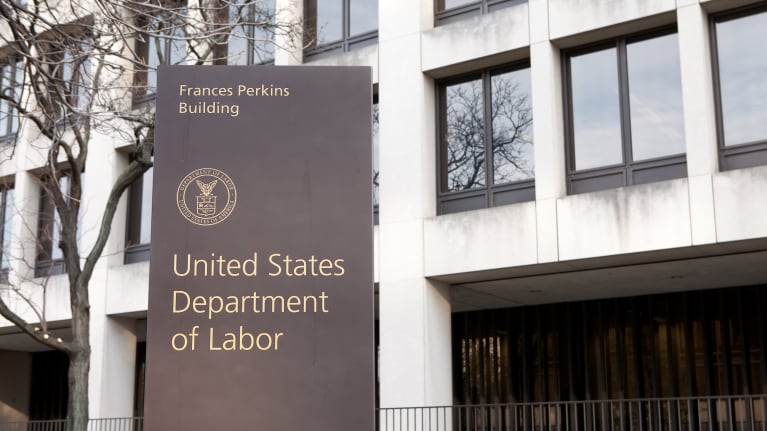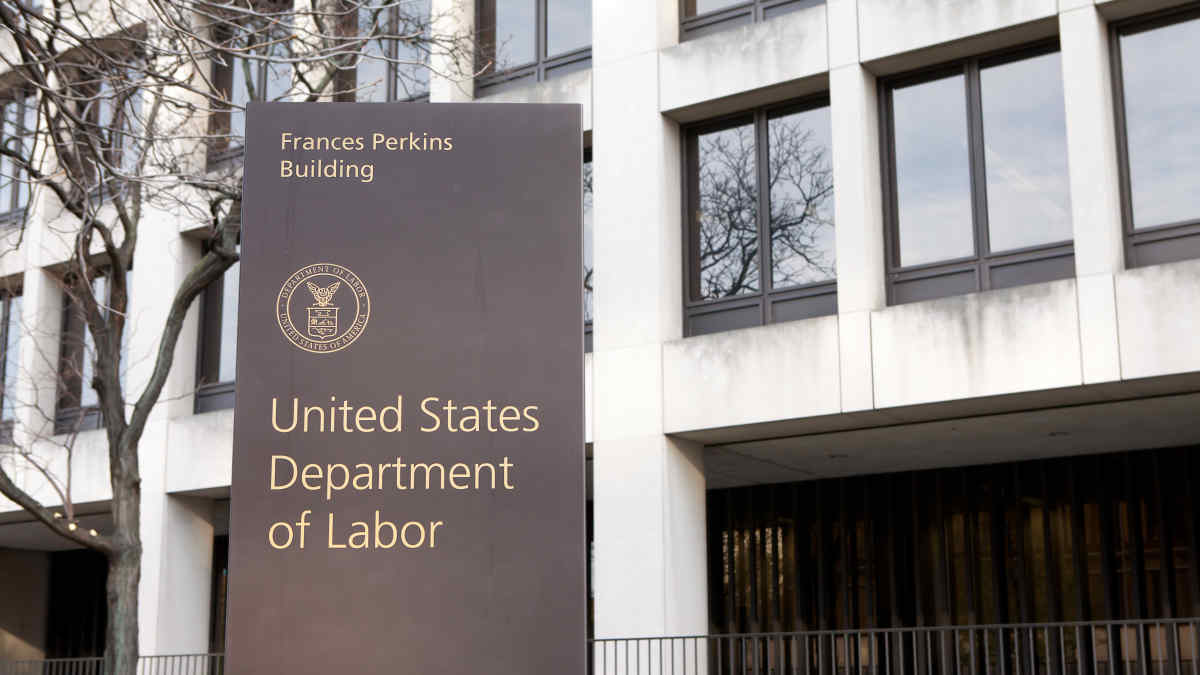

?The U.S. Department of Labor (DOL) recently announced in the spring regulatory agenda that it will issue the proposed overtime rule in August. But regulatory agendas are the agencies’ predictions of when rules will be issued and aren’t set in stone. The DOL has been announcing the release of a proposed overtime rule as far back as last year.
The anticipated rule has been in a holding pattern while Congress considers leadership nominations to the DOL, said Robert Boonin, an attorney with Dykema in Ann Arbor, Mich., at the SHRM Annual Conference & Expo 2023 (SHRM23) in Las Vegas on June 12.
Boonin added that he thought the DOL may be planning more aggressive changes with the new rule than in its previous revisions, which raised the salary level test to $35,568 annually.
It’s possible the proposed rule will include increases to the exempt salary threshold based on the consumer price index, said LaKeisha Caton, an attorney with Pryor Cashman in New York City.
“This might be problematic because those who oppose the rule could challenge it on the basis that the exempt salary threshold can only be increased pursuant to the normal rulemaking process, not automatically based on changes in the market,” she said.
The DOL might also change the duties test, Boonin noted. For example, it might adopt California’s 50 percent rule for white-collar exemptions, meaning that in order to be exempt, more than one-half of an employee’s work time must be spent engaged in exempt work.
Once finalized, the proposed overtime rule is likely to be challenged in the courts, Boonin said.
Other Spring Regulatory Agenda Items
Other DOL spring regulatory agenda items include:
While the spring regulatory agenda states that the independent contractor final rule for the Fair Labor Standards Act (FLSA) will be issued in August, the DOL has stated in a court filing that it will be issued by October, according to Bloomberg.
The independent contractor proposed rule under the FLSA was issued last year. Independent contractors aren’t covered by wage and hour laws, so they aren’t subject to requirements like overtime. More recently, the National Labor Relations Board modified the standard for independent contractors under the National Labor Relations Act.
One significant announcement in the spring regulatory agenda was that a final rule on remote I-9 verification will be issued in August. Meanwhile, the clock is ticking for employers because a policy of allowing I-9s to be inspected remotely over video to accommodate changes instituted during the COVID-19 pandemic is coming to an end July 31. Employers must physically inspect I-9s that were completed remotely during the pandemic by Aug. 30.
Most organizations are using authorized representatives to do the I-9 physical inspections, said John Fay, an attorney and director of product strategy at Equifax Workforce Solutions in Phoenix, speaking June 13 at SHRM23.
